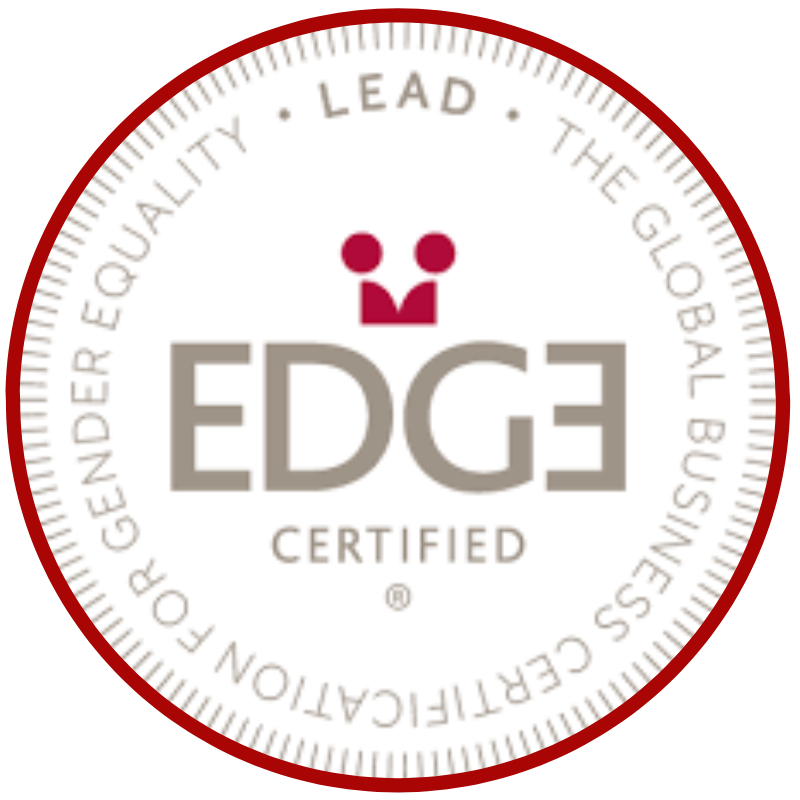I blogged earlier this week about the Democracy that Delivers for Women conference put on by the Center for International Private Enterprise (CIPE), which had the goal of looking at womens political and economic empowerment in a holistic way.
On the second afternoon of the conference, I moderated a break out group on Women and Rebuilding Conflict Areas. I am always worried about the interest level and engagement of participants on second afternoon of a conference well, I didnt need to be. There were no seats left in the room, and the audience was very engaged. The two expert panelists made my job as a moderator very easy: Kathleen Kuehnast, Director of Gender & Peacebuilding at the US Institute of Peace, and Patti Petesch, a consultant and author of several key World Bank and USAID studies in the field.
We live in a time of multiple conflicts, and violent conflicts and wars tear communities apart. But they can create unexpected new roles and responsibilities for women both during and after the conflict ends. There are terrible things that happen in violent conflicts, but both Kathleen and Patti emphasized the critical importance of women in peace building, and the need to ensure that womens voices are at the table as countries and communities rebuild. Women raise critical issues that must be resolved for communities to move forward.
Kathleen gave an overview of work being done in this field, and the importance of how women are brought into the peace building process. Kathleen made a critical point: conflict isnt the problem; violent conflict is the problem. She also talked about her work at USIP, particularly with respect to the Action Plan being drafted around UN Security Resolution 1325. Kathleen has spent a lot of time looking at sexual-based violence in conflicts, and emphasized that we need to understand that these acts are violence, and not something to be minimized as always happening in war.
Patti discussed her new report for USAID which draws upon 125 women’s life stories in four conflict-affected countries. She found that women living in communities directly affected by violent political conflict rated more highly on empowerment measures than the women living in communities that did not experience conflict, and that the communities that experienced the most rapid recovery and poverty reduction were also characterized by more empowered women.
It was a really thoughtful discussion, and one that left everyone interested in thinking more about how to ensure that women play a meaningful role in building peace and resolving conflicts.





